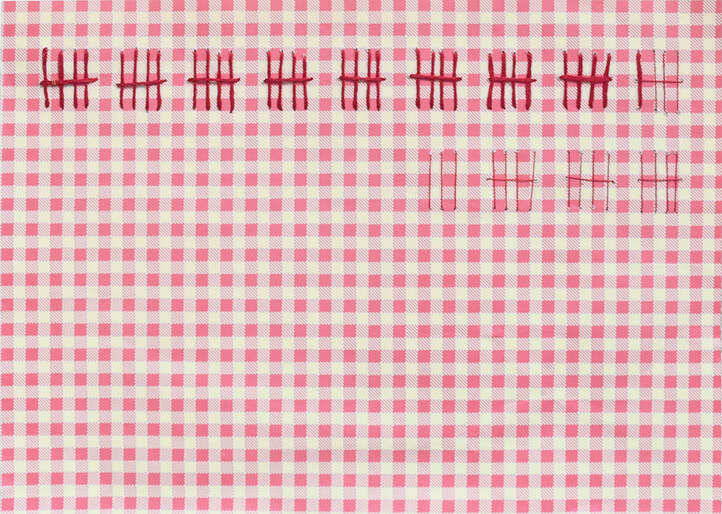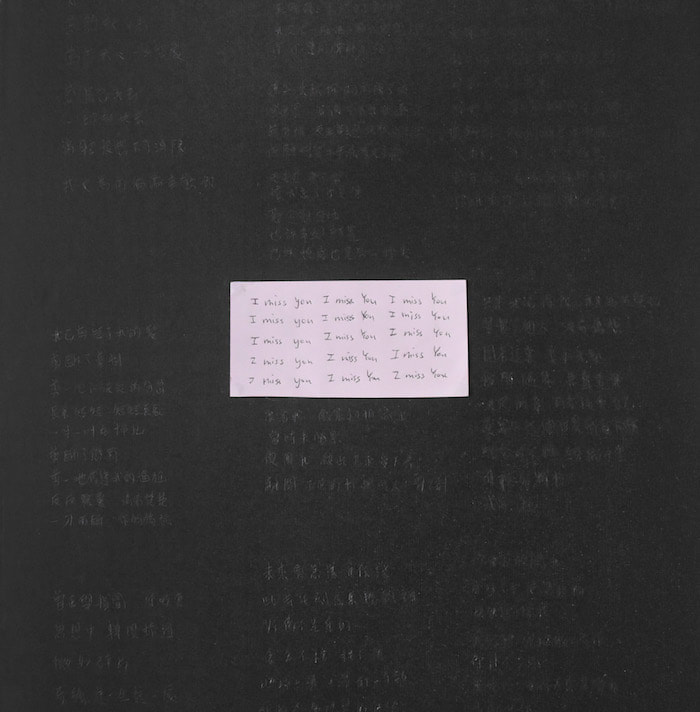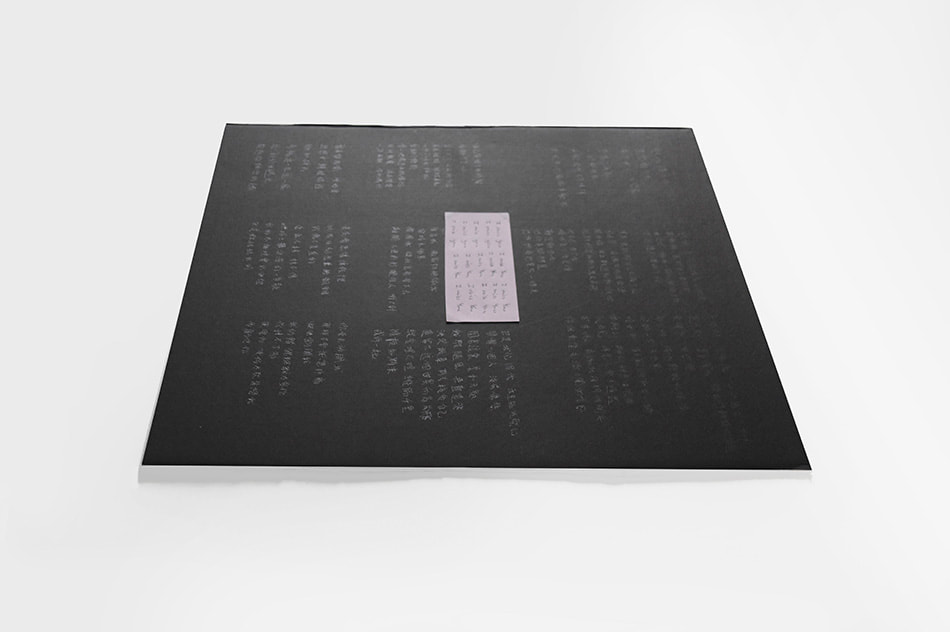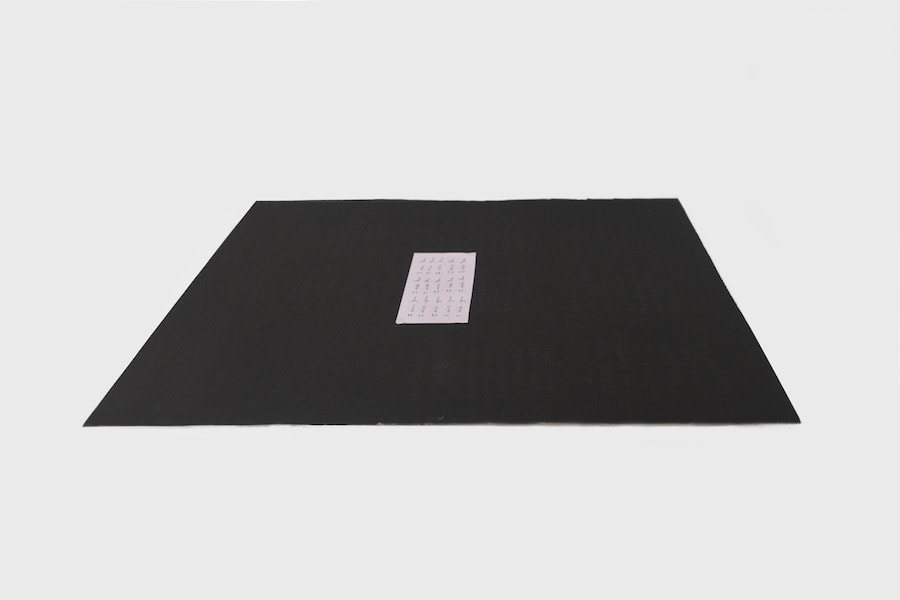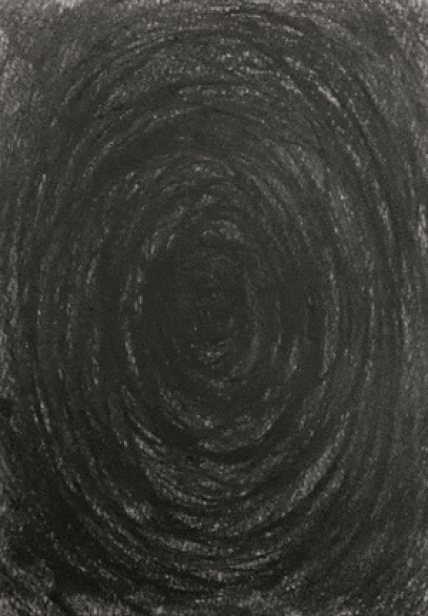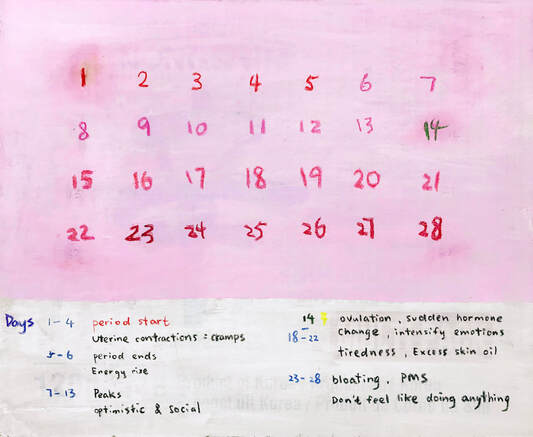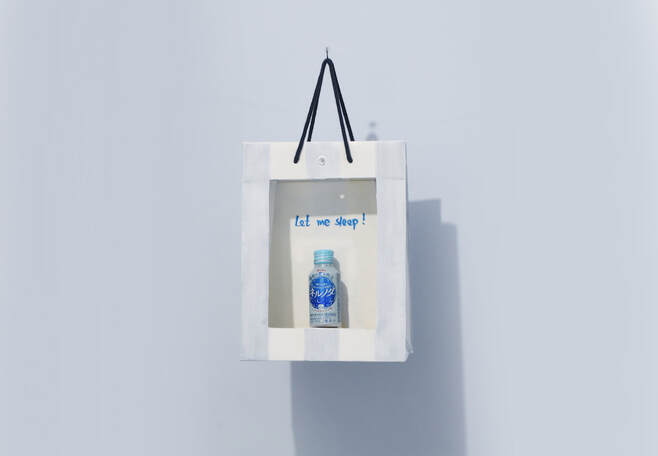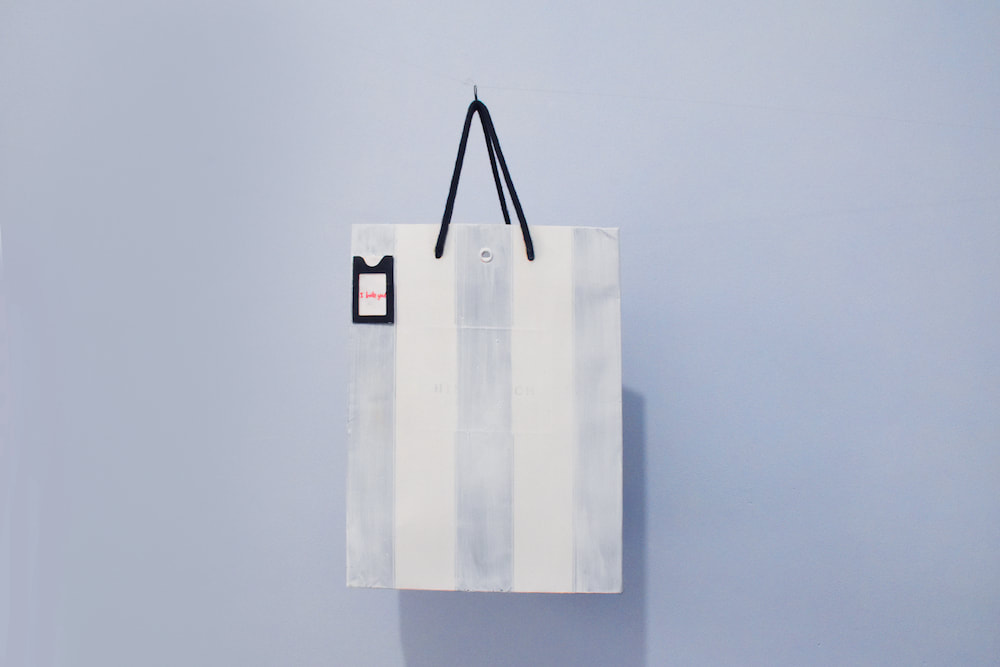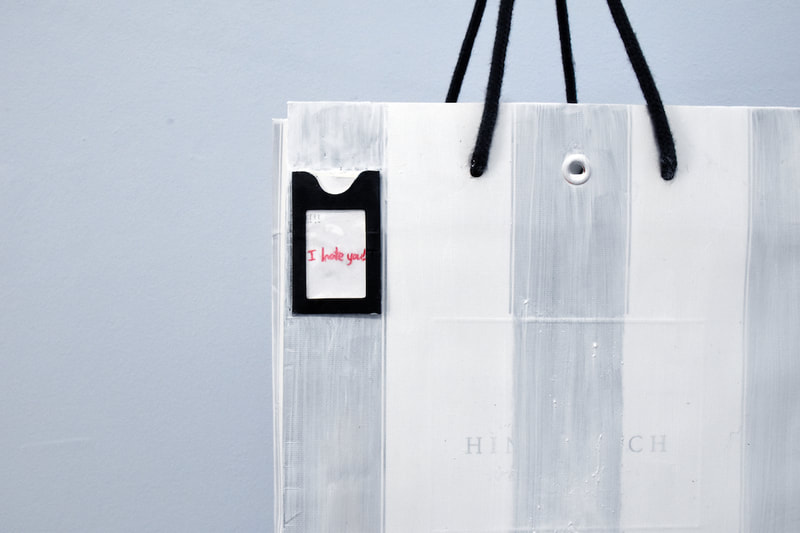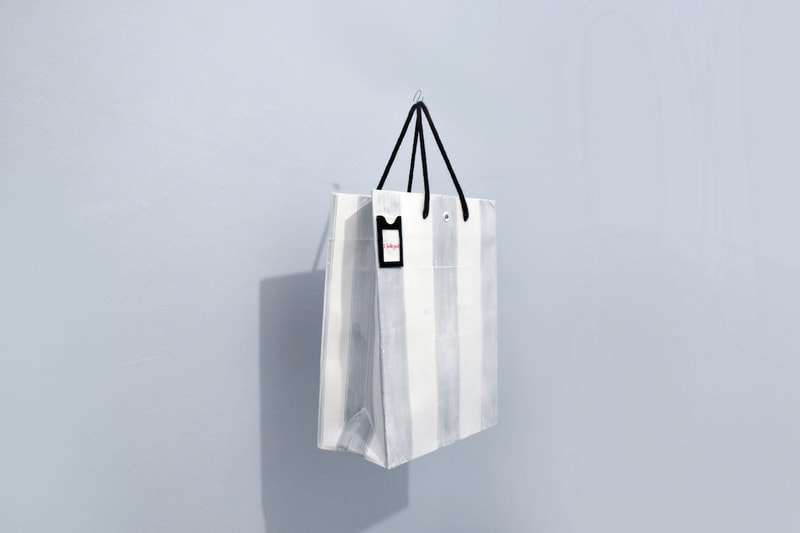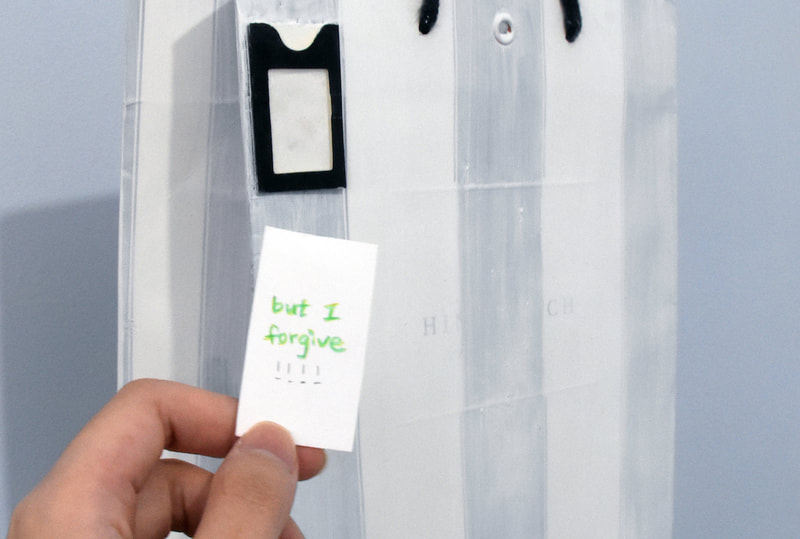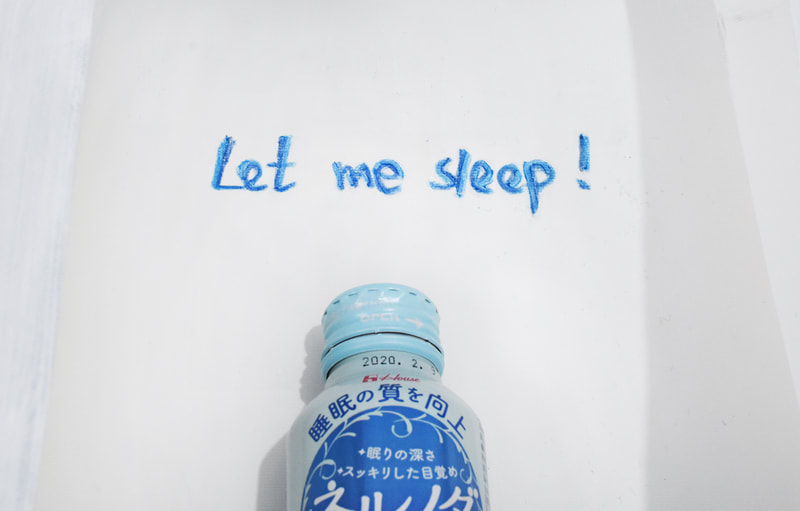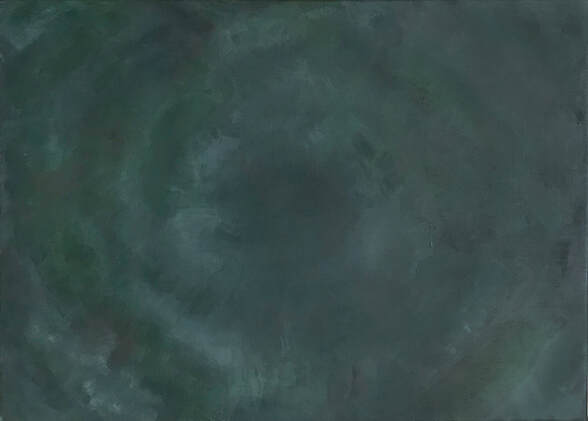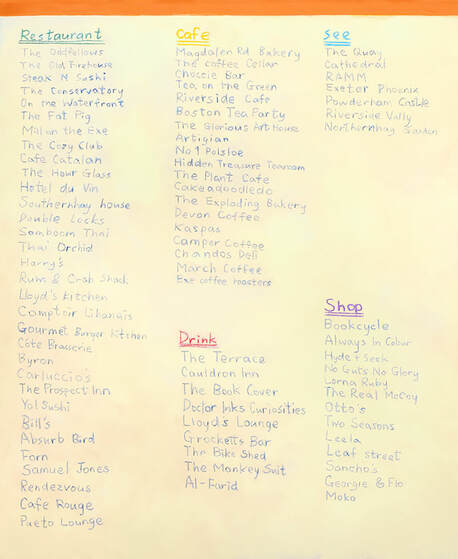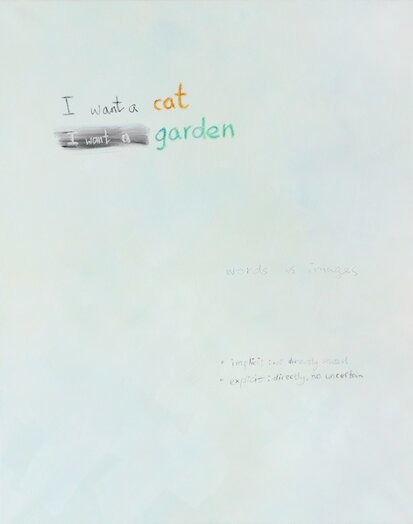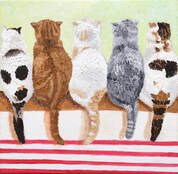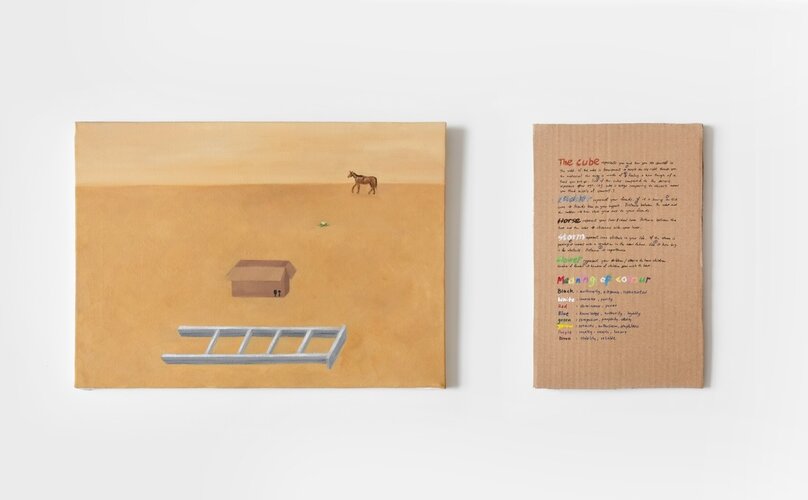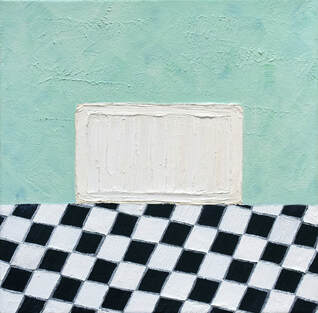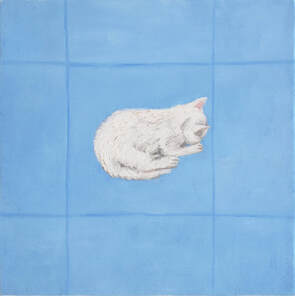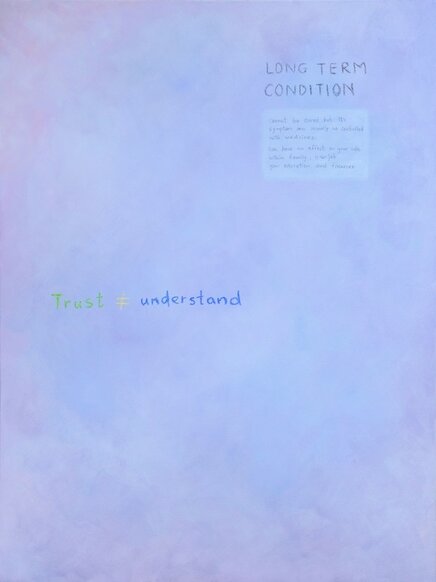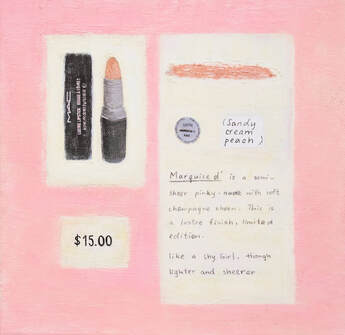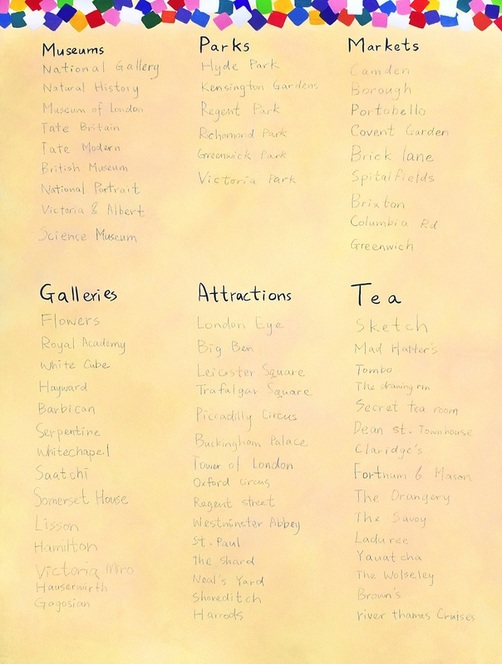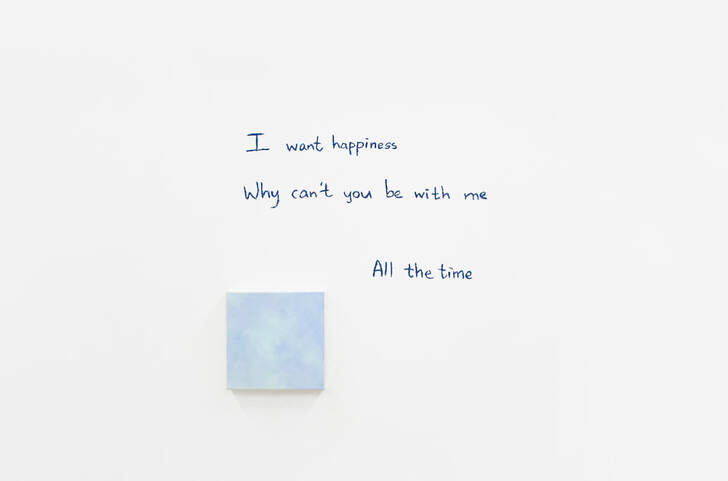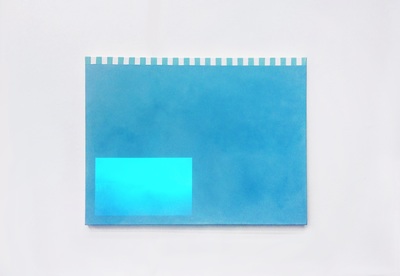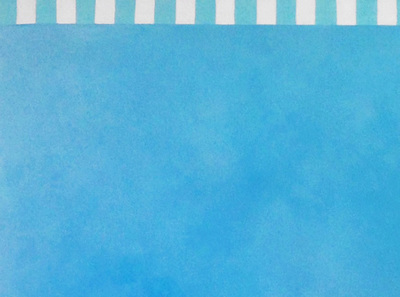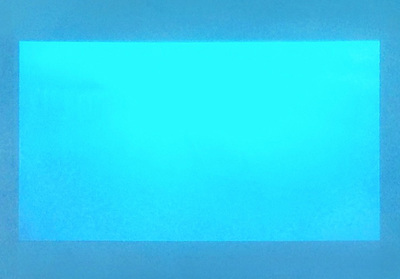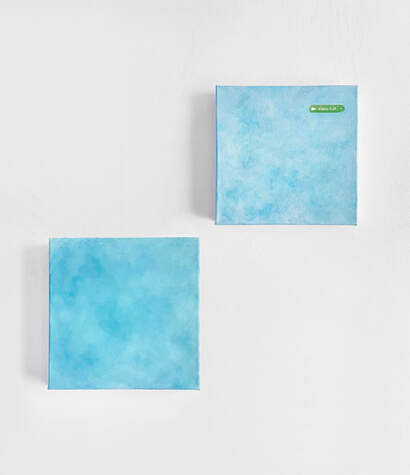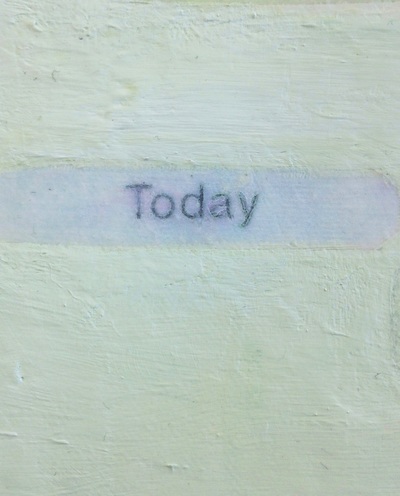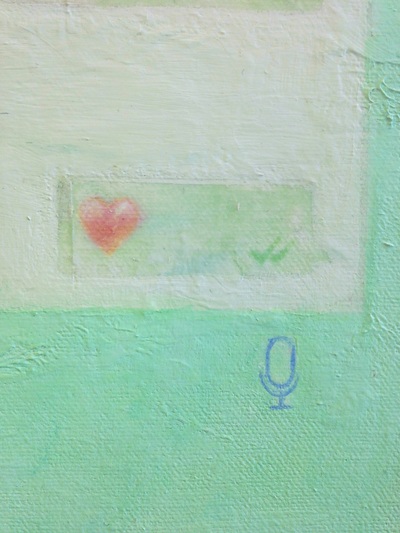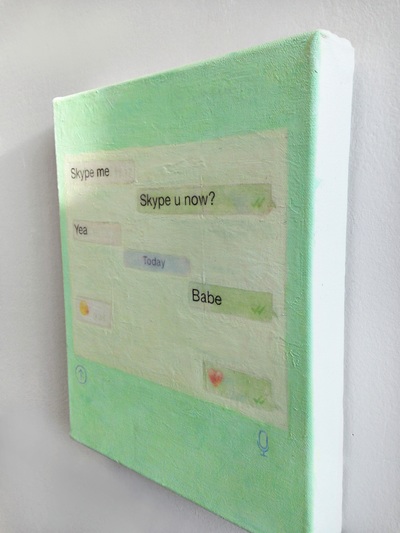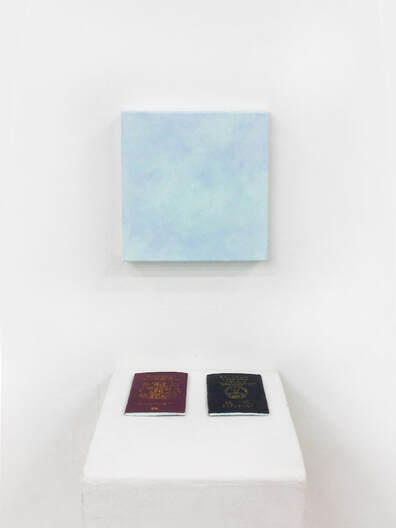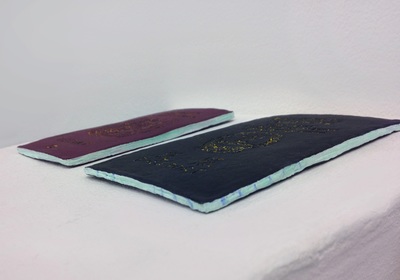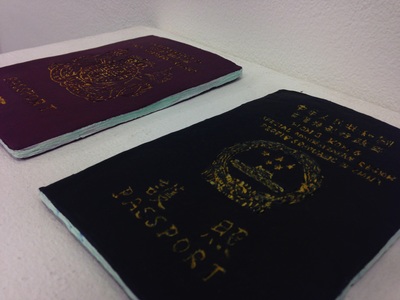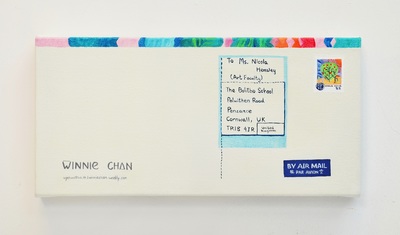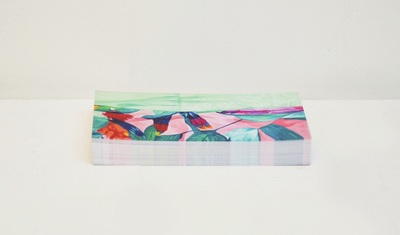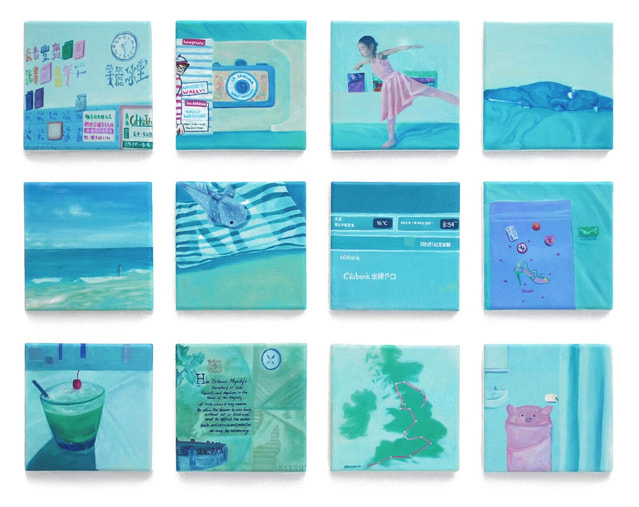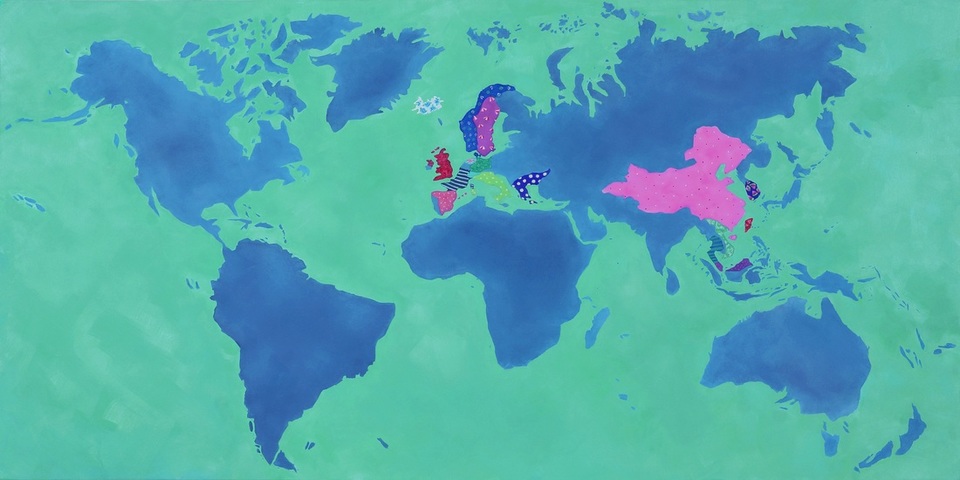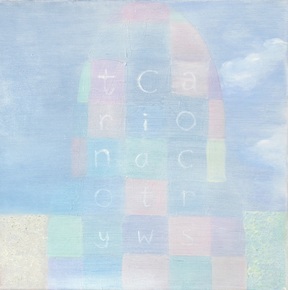Worldly Possessions
The ideal and reality on the path of finding true happiness. Thoughts in my everyday life and during travel.
Fighting between two selves - Positive & Negatives. Struggles, Mental Health & Social Constraints
Important Relationships: Family, Friends & Lover
The ideal and reality on the path of finding true happiness. Thoughts in my everyday life and during travel.
Fighting between two selves - Positive & Negatives. Struggles, Mental Health & Social Constraints
Important Relationships: Family, Friends & Lover
SURGE III Programme workshop: Who Cares?
hosted by Sarah Dixon
First artwork in 2 years
Keeping words to myself these days and so as this piece of work
The sew stitches are the words/ things that I’m unable to talk, the 1 hour create time allowed me to let some out via sewing. (I’m happy:) Selfcare
——————————————————-
“Everyone is cared for at some point in life, from birth onwards through growth, learning, health challenges, incapacity whether temporary or permanent, illness and end of life. Caring is a foundational part of human life and is not always seen or acknowledged. We may be scared or ashamed to seek care when we need it, we might resent giving it, we might just run out of capacity to care. These are collective questions and have significant implications for mental health. The creation of care can be light, simple, deep or complex. It can be fun, enriching, boring, or burdensome. It can be physical, emotional, social, spiritual and cultural.
We explored questions such as:
- who cares for me?
- who do I care for?
- what does “care” actually mean?
- what does care feel like? For the carer? For the cared-for?
- what does caring “look like”? What are the actions and words?
- how much does care cost?
- How do we know we are cared for?
- How do we know if we are giving care well or it is being received as intended?
- How do we care from afar?
- How do we care after shock or trauma?”
“Everyone is cared for at some point in life, from birth onwards through growth, learning, health challenges, incapacity whether temporary or permanent, illness and end of life. Caring is a foundational part of human life and is not always seen or acknowledged. We may be scared or ashamed to seek care when we need it, we might resent giving it, we might just run out of capacity to care. These are collective questions and have significant implications for mental health. The creation of care can be light, simple, deep or complex. It can be fun, enriching, boring, or burdensome. It can be physical, emotional, social, spiritual and cultural.
We explored questions such as:
- who cares for me?
- who do I care for?
- what does “care” actually mean?
- what does care feel like? For the carer? For the cared-for?
- what does caring “look like”? What are the actions and words?
- how much does care cost?
- How do we know we are cared for?
- How do we know if we are giving care well or it is being received as intended?
- How do we care from afar?
- How do we care after shock or trauma?”
|
|
|
|
|
*Donated to project "THE ZIGGURAT"

